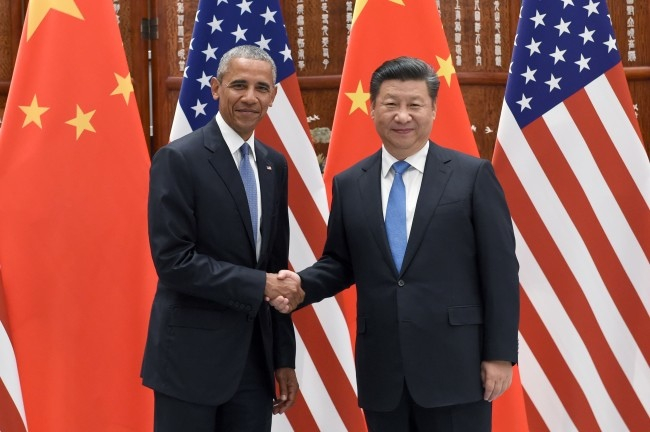
On Saturday the U.S. and China agreed to ratify the Paris Climate Change Agreement, which would help cut down on climate-warming emissions, as reported by Reuters. The pact between the two largest economic powers on the planet could lead to others around the globe joining the fray.
The Paris Climate Change Agreement holds significance as it is the world’s first all-inclusive climate agreement that seeks to help curb greenhouse gas emissions. The goal would be to keep global temperatures “well below” 2 degrees Celsius. President Obama and Chinese President Xi Jinping gave their plan to U.N. Secretary-General Ban Ki-moon, who was on hand during the meeting in China. The new agreement could also pop up in the presidential election, as some presidential candidates have talked about its significance.
So far, 180 countries have signed the agreement, but 55 countries – which account oddly enough for 55 percent of global emissions – still need to ratify it in order for it to go into effect. China produces 20 percent of the world’s emissions, while the U.S. accounts for 17.9 percent. Senior Obama adviser Brian Deese said the pact between the U.S. and China could lead to others adopting it:
“The signal of the two large emitters taking this step together and taking it early, far earlier than people had anticipated a year ago, should give confidence to the global communities and to other countries that are working on their climate change plans, that they too can move quickly and will be part of a global effort.”
But the U.S. could still see a little push back on the agreement, as 27 states are looking to stop the Clean Power Plan, which cuts down on CO2 from power plants. Reuters reported the rules of the agreement could take a few years to ratify, so nothing is final as of yet. This seems to be a big step forward for climate change, as experts have looked exacerbated trying to explain its effects to the masses.
